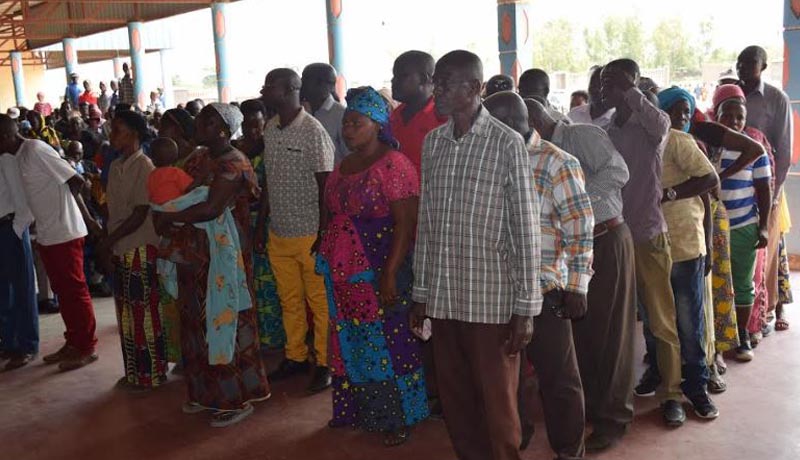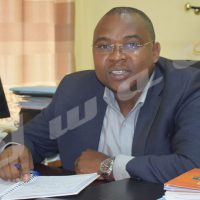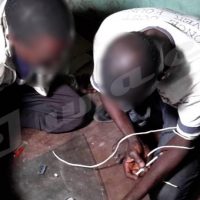ICG, International Crisis Group, has just published a long report entitled “A First Step Toward Reform: Ending Burundi’s Forced Contribution System”. Iwacu spoke to Nelleke van de Walle, ICG’s Central Africa Officer.

Burundians are waiting to give their contribution for the elections
International Crisis Group has just published a report on the system of “forced contributions”in Burundi. What are your main findings?
In July 2017, Burundi’s government imposed an ostensibly voluntary contribution scheme on its citizens to fund the country’s May 2020 elections. Crisis Group found that the ruling party, with the assistance of the youth militia Imbonerakure, has collected the contributions coercively.
Despite officially halting the practice in the summer of 2019, we found that the collection of money and goods continues, though in a less systematic way and on a less wide-spread scale. The practice even gained new momentum with the nomination of Evarsite Ndayishimiye as the CNDD-FDD candidate for the presidential elections. He asks the population to contribute in cash and in kind when they come to his political gatherings.
In July 2019, the government officially ended the contribution scheme, saying that more than 90 per cent of the electoral budget had been covered. However, President Pierre Nkurunziza never specified how much would be required to fund the 2020 elections and the authorities never did a public accounting of how funds collected for the election were spent. Moreover, Burundians we have spoken to reported embezzlement and those responsible for these abuses have not been prosecuted.
Burundi’s leaders could start to repair relations with external partners by stopping the practice of forced contributions for good, sharing information about the use of funds, and investigating (and where appropriate prosecuting) the main offenders in channelling monies away from election preparations. Broader reforms will remain critical but ending these contributions and associated measures could be a confidence-building first step in that direction.
What are the economic consequences of these contributions for the population?
The country has been economically and politically unstable since Nkurunziza’s third-term bid in 2015. Combined with precarious economic conditions and wider political repression, the contributions add to the immiseration of the already struggling Burundian people.
A senior Burundian government official told Crisis Group that he did not consider these contributions to be imposed on the population at all: “It’s just one less beer they can buy”. But we found that people are taxed more often, have to contribute involuntarily and are refused access to certain places and services (markets, administrative documents, etc.) when they fail to provide receipts indicating they paid.
More and more, in Africa, countries say that ensuring and assuming, for example, the costs of elections is a commendable, civic approach, a will to take control of their destiny and not to count on foreign aid. A question of sovereignty. What is ICG’s take on this?
From Crisis Group’s point of view, the organisation of elections without relying heavily on foreign aid, and financial self-sufficiency in general are perfectly legitimate objectives. But doing so at the expense of your own people, outside of the formal tax system, is not the way forward.
















 IWACU Open Data
IWACU Open Data

